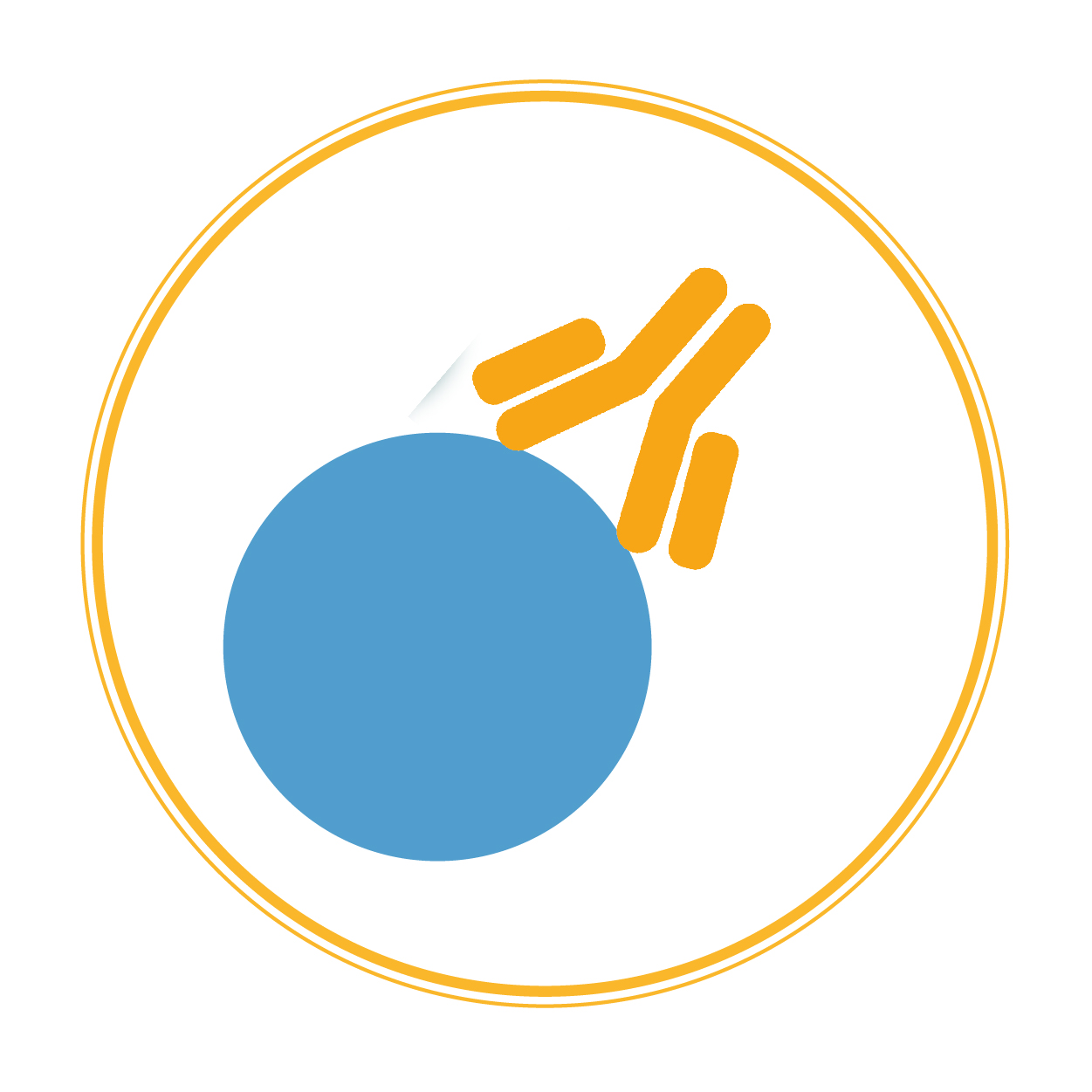Related articles
Secondary antibodies resources
Alexa Fluor secondary antibodies
Biotinylated secondary antibodies
Enhancing Detection of Low-Abundance Proteins
9 tips for detecting phosphorylation events using a Western Blot
Western Blotting with Tissue Lysates
Immunohistochemistry introduction
Immunohistochemistry and Immunocytochemistry
Immunohistochemistry troubleshooter
Chromogenic and Fluorescent detection
Preparing paraffin-embedded and frozen samples for Immunohistochemistry

What are monoclonal antibodies?
Monoclonal antibodies (mAbs) are highly specific antibodies produced from a single clone of immune cells. They are name in this way, due to having monovalent affinity to bind just one specific epitope on a antigen. This makes them exceptionally precise tools for research, diagnostics, and therapeutics.
Monoclonal antibodies are typically generated using hybridoma technology. This involves immunising a host animal (most commonly a mouse) with an antigen of interest, then isolating B cells from the animal's spleen. These B cells are fused with myeloma (cancer) cells to create hybrid cells, or hybridomas, which are capable of both producing antibodies and proliferating indefinitely in culture. Clones that produce the desired antibody are selected, expanded, and purified for use. More modern techniques also use recombinant DNA technology and phage display systems to generate monoclonal antibodies without relying on animals.
Benefits in Research:
High specificity: mAbs bind only to a single epitope, reducing background noise and improving experimental accuracy.
Reproducibility: Because they are derived from a single clone, monoclonals provide consistent results across experiments and batches.
Versatility: Monoclonal primary antibodies can be used in a variety of applications, like; Western blotting, Flow Cytometry, ELISA and Immunohistochemistry.
Customisation: They can be engineered for specific properties, such as conjugation with fluorescent tags or therapeutic agents.
We offer a wide variety of superior monoclonal antibodies, suitable for a range of applications. Search through our range of high-quality products:
